(LĐ online) - On October 13, 1945, just over a month after the Democratic Republic of Vietnam was born, President Ho Chi Minh sent a letter to the Vietnamese industrial and commercial circles. This was President Ho Chi Minh's consistent thought because as early as 1919, in the Petition of the Annamese People, leader Nguyen Ai Quoc mentioned "expanding industry and establishing industry and commerce".
 |
| Photo: Ho Chi Minh Complete Works, Volume 4, page 49 - National Political Publishing House, 2009 |
The August Revolution in 1945 succeeded quickly because it promoted the great solidarity of the entire nation, including the significant contribution of the Vietnamese industrial and commercial community (now called the business community) at that time.
House No. 48 Hang Ngang Street - Hanoi , where President Ho Chi Minh wrote the Declaration of Independence, was the private residence of a wealthy family in Hanoi at that time: Trinh Van Bo and Hoang Thi Minh Ho. Many of the Government's expenses in the early days when it returned to Hanoi from the war zone were supported and donated by wealthy families. Therefore, during the Golden Week, Hanoi's industrialists and merchants were the first social officials that Uncle Ho received at the Presidential Palace.
The Vietnam Chamber of Commerce and Industry has collected 74 speeches and articles by Uncle Ho from the early days of the country's founding to 1969, related to economic development, businesses and entrepreneurs.
The letter of President Ho Chi Minh to the industrial and commercial circles on October 13, 1945 is the opening article of this book. The entire letter of more than 200 words is now considered the first ideology of the Party and State towards enterprises and businessmen and still has current value for today and tomorrow.
First of all, the letter affirms the role and mission of businessmen, which is: “While other sectors of the nation are striving to gain complete independence, the industrial and commercial sectors must also strive to build a stable and prosperous economy and finance. National affairs and family affairs always go together. A prosperous national economy means the business of industrial and commercial enterprises is prosperous. The government, the people and I will wholeheartedly help the industrial and commercial sectors in this construction…”.
Vietnam in 1945 was a backward agricultural country and was dominated by Confucian ideology. In the Confucian concept of the order of social classes in Vietnam, scholars were at the top, followed by farmers, workers and merchants. However, right from the early days of the Republic of Vietnam, President Ho Chi Minh highly appreciated the role of Vietnamese businessmen. This can be considered Ho Chi Minh's advanced thinking on this issue.
Regarding the position of businessmen, he wrote: “I am very happy to hear that the industrial and commercial community has united to form the Industrial and Commercial Association for National Salvation and joined the Viet Minh front. Currently, the Industrial and Commercial Association for National Salvation is operating to do many things that benefit the country and the people. I very much welcome it and look forward to many good results.”
Thus, very early on, Ho Chi Minh affirmed that businessmen were an indispensable part of the great national unity bloc and called on industrialists and merchants to "quickly join the National Salvation Industry and Commerce Corps and invest capital in projects that benefit the nation and the people."
The Vietnamese have a famous saying: “Buy with friends, sell with partners”. The ideas about cooperation in business and trade that President Ho Chi Minh mentioned in this letter are the inheritance of valuable experiences from our ancestors.
After this letter, on December 19, 1946, the National Resistance War broke out. After 1954, especially the period of industrial and commercial reform in the North starting in 1958 and then the resistance war against the US, therefore, the historical conditions and circumstances at that time did not allow Vietnam to implement the line of thinking about enterprises and entrepreneurs as in Uncle Ho's letter on October 13, 1945. However, those great ideas were still the first bricks laying the foundation for Vietnam to proceed in the period of innovation and international integration.
 |
| President Ho Chi Minh with Hanoi's industrial and commercial circles in September 1945. Photo courtesy |
After the Party carried out the country's renovation, a series of policies on enterprises and entrepreneurs were issued. In 2004, the Party and the State decided to choose October 13 every year as Vietnam Entrepreneurs Day.
Over the years, especially since 2000 when the Enterprise Law took effect and especially after the Central Executive Committee issued Resolution No. 10-NQ/TW dated June 3, 2017 on developing the private economy into an important driving force of the socialist-oriented market economy, Vietnamese enterprises and entrepreneurs have made remarkable progress.
The 2022 Vietnam Enterprise White Book states that by the end of 2021, the country had about 857,500 enterprises, of which Ho Chi Minh City alone had 268,400 enterprises, accounting for 31.3% of the total number of enterprises nationwide. To date, Vietnam has nearly 7 million entrepreneurs, contributing more than 60% of GDP, 70% of state budget revenue, creating jobs for 14.7 million workers, accounting for nearly 28% of the labor force of the whole society.
However, the 2022 White Book of Vietnamese Enterprises also states that the majority of Vietnamese enterprises are currently small and medium-sized enterprises, with an average of 61.9 enterprises/1,000 employees in Ho Chi Minh City, 49.8 enterprises/1,000 employees in Hanoi, 45.4 enterprises/1,000 employees in Da Nang, 23.2 enterprises/1,000 employees in Binh Duong, and 22 enterprises/1,000 employees in Hai Phong.
Resolution No. 41-NQ/TW dated October 10, 2023 of the Politburo on building and promoting the role of Vietnamese entrepreneurs in the new period pointed out the limitations and weaknesses of the Vietnamese entrepreneurs: “The development of the entrepreneurs has not met the requirements of the new period; most enterprises are small-scale, with limited competitiveness, operational efficiency, business capacity, and management skills; the number of large-scale enterprises with the capacity to lead supply chains is still small; connectivity, cooperation, and the ability to take advantage of opportunities from international economic integration and the Fourth Industrial Revolution are still weak. A number of entrepreneurs have low ethics, business culture, awareness of law compliance, social responsibility, and national spirit, and still violate the law, collude with degraded officials, pursue personal interests, cause damage to the State, and reduce people's trust”. These are limitations and weaknesses that need to be courageously recognized in order to overcome and develop.
The 13th National Party Congress has set the goal: “Arousing the aspiration to develop a prosperous and happy country”. In the process of achieving the aspiration for prosperity and happiness of the nation, the role of the business community is certainly indispensable.
Looking at the surrounding countries, the reason they have become “dragons” and “tigers” is largely due to the contributions of corporations. A country, a nation cannot prosper without large corporations, without a team of talented, dedicated entrepreneurs who know how to get rich from production and business, and are socially responsible. To do so, the team of entrepreneurs must build a business philosophy and culture, must escape the “curse” of “the business world is a battlefield” because in the current new context, the business world is no longer a battlefield but becomes a place where both sides win with the philosophy of “win - win”. To do so, in addition to the policies of the Party and the State, the team of entrepreneurs must certainly strive to rise up, unite together, build a business culture that benefits themselves, the community, the country…
Nearly 80 years have passed, the great thoughts of President Ho Chi Minh in the letter to the Vietnamese business community have been included by the Party in resolutions on building and developing the Vietnamese business community, especially in the recent Resolution No. 41-NQ/TW. It can be seen that Uncle Ho's teachings in this letter, although long gone, are still relevant and are still valuable instructions for today's business community.
Source




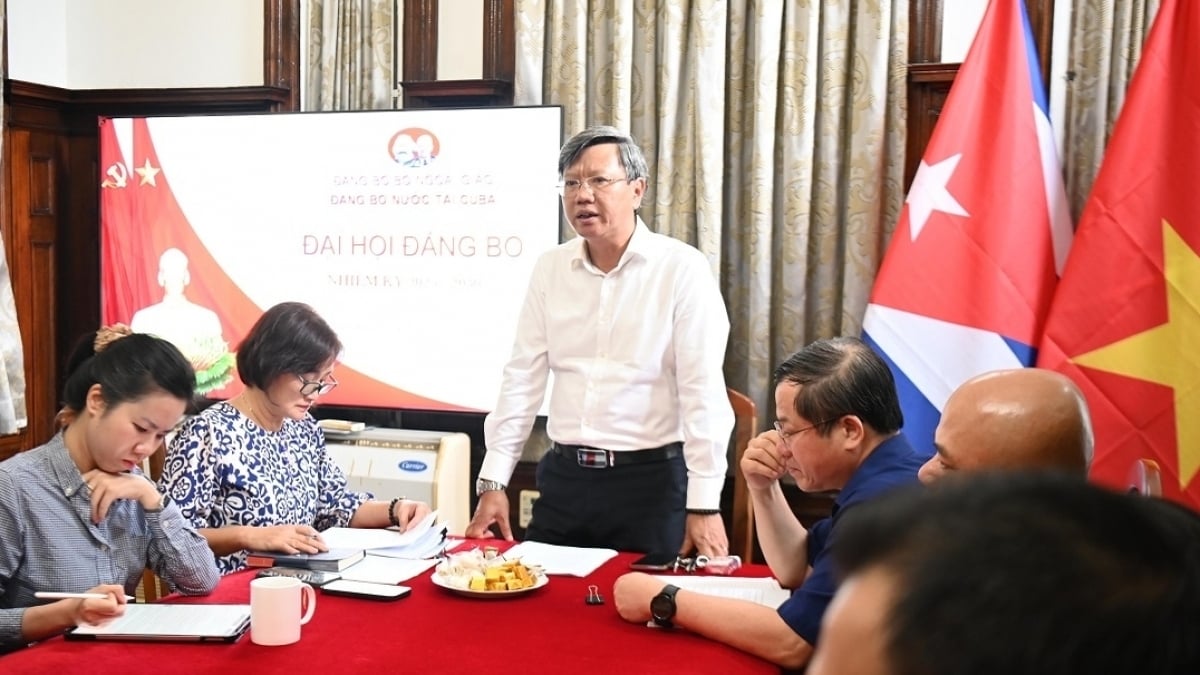

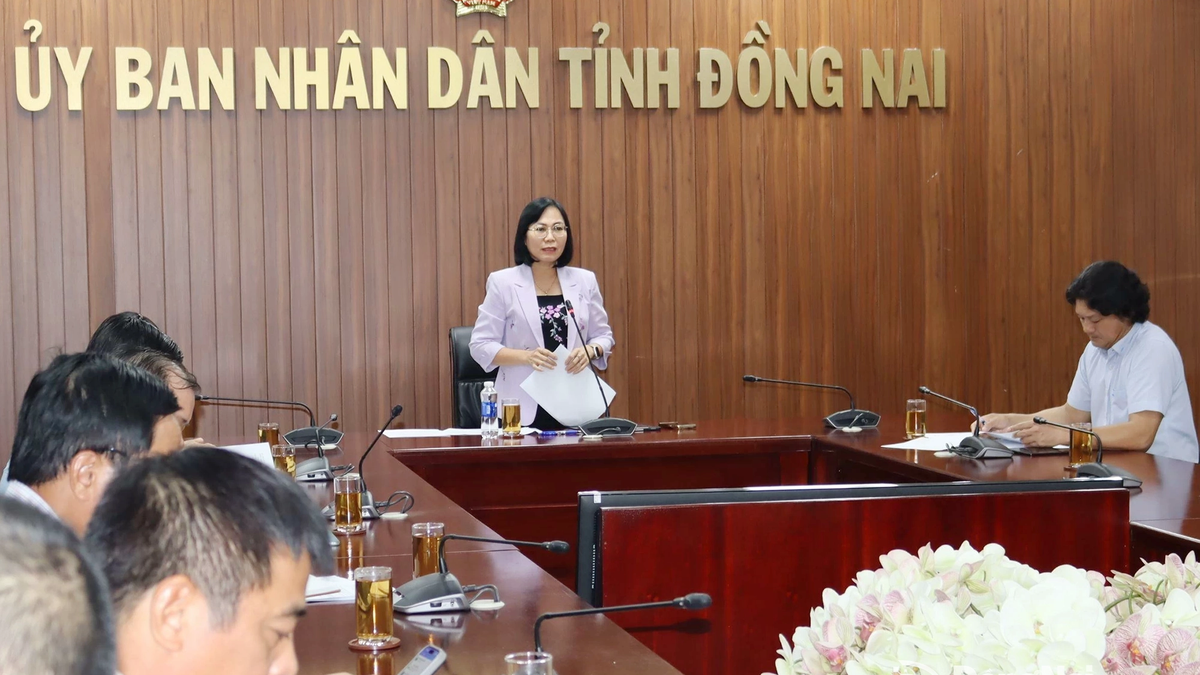


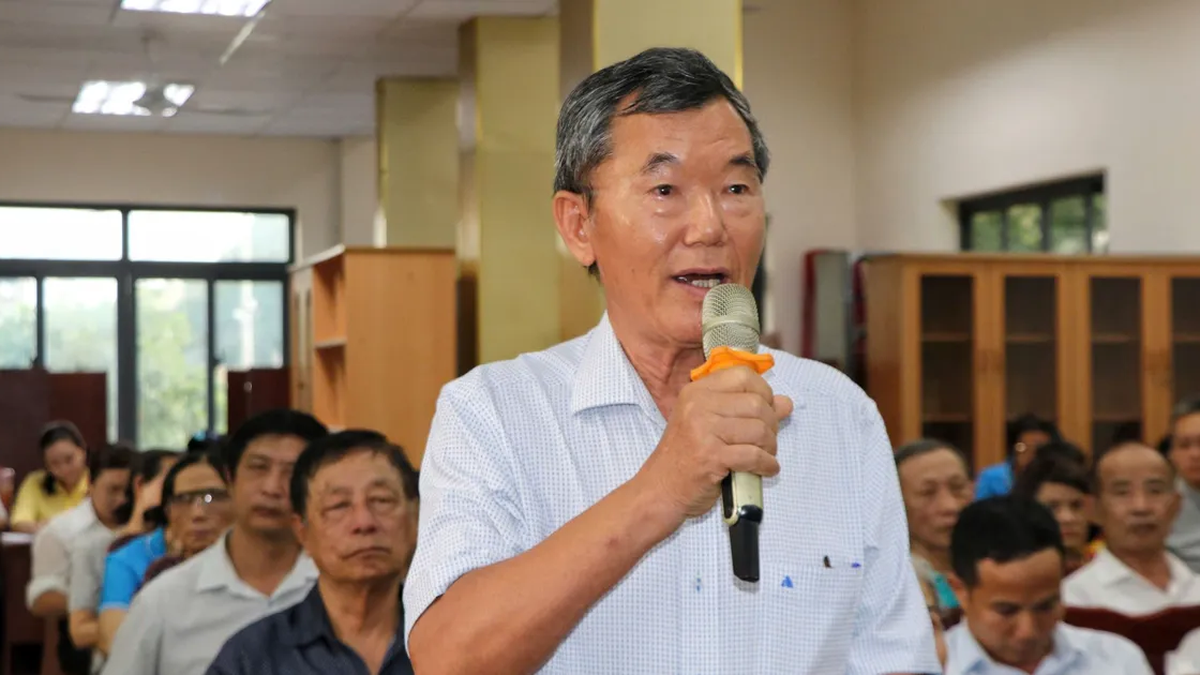
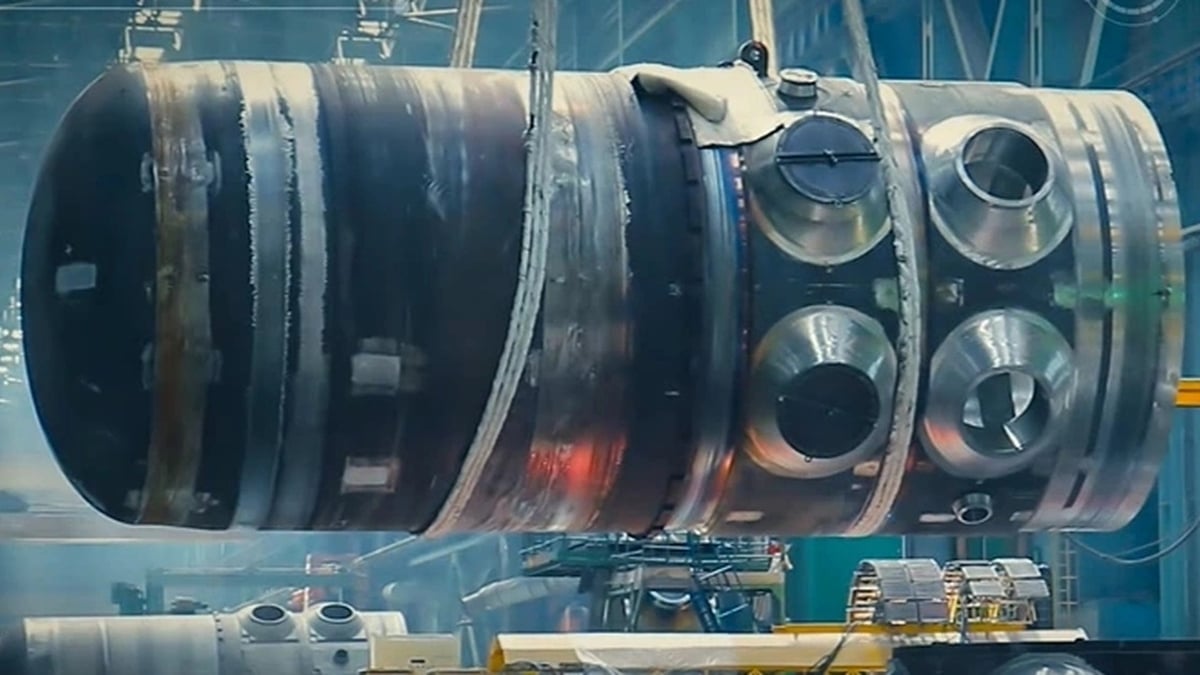
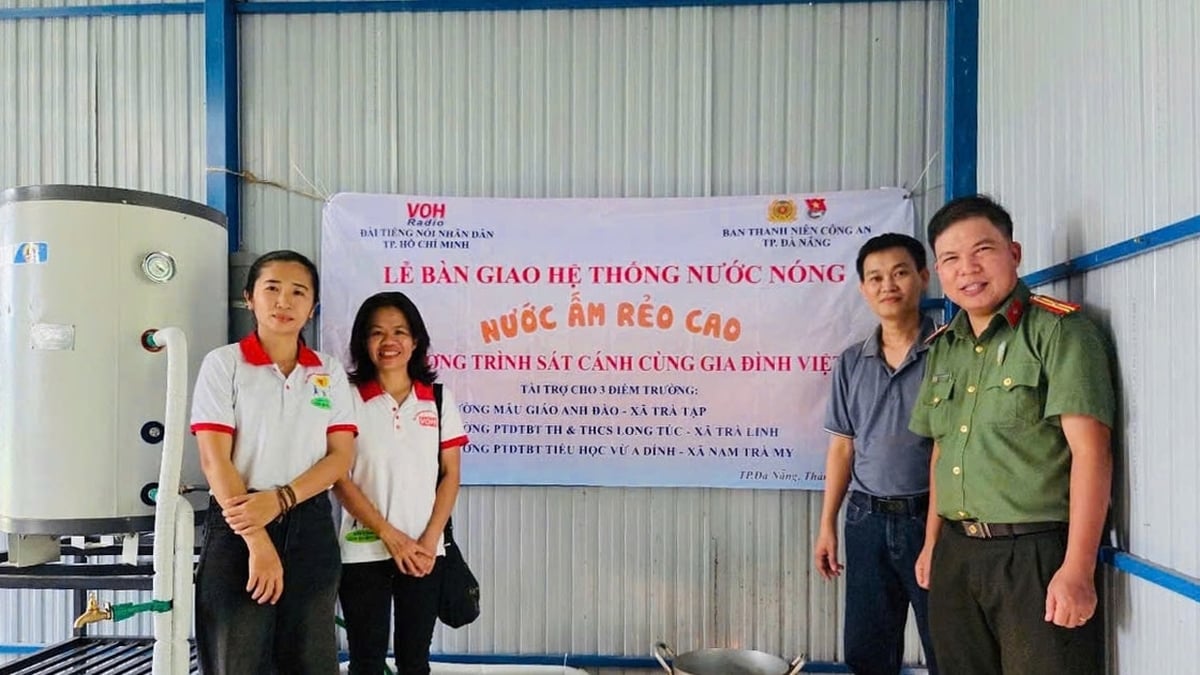





































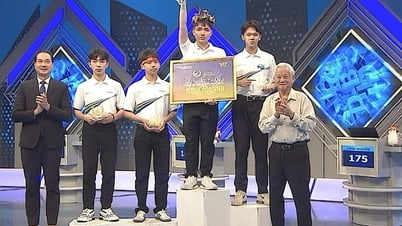

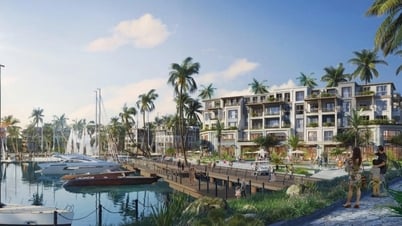


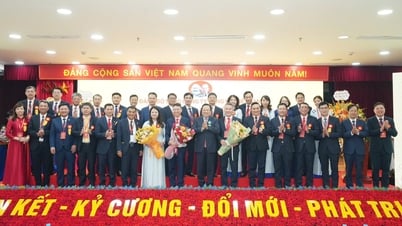




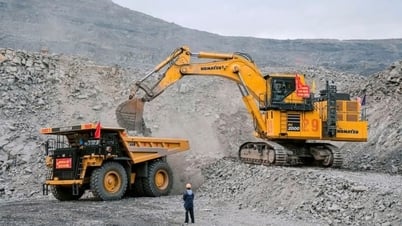



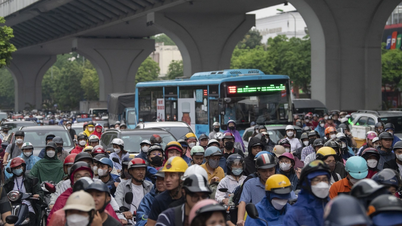
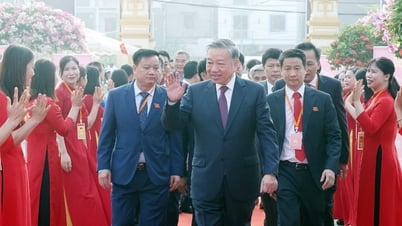
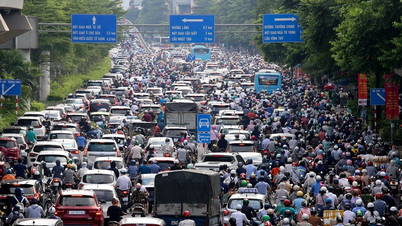
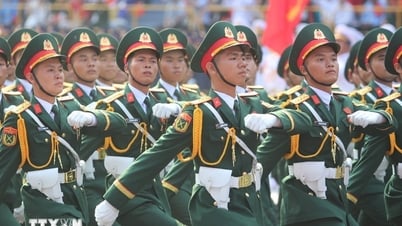
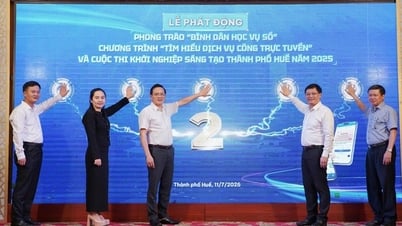






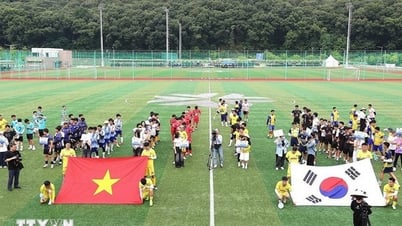

























Comment (0)